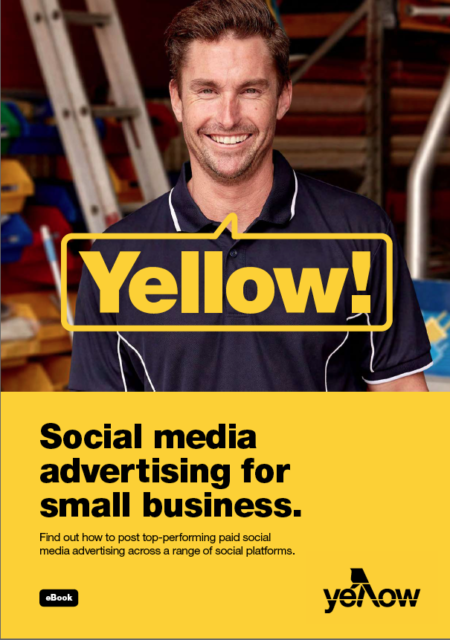As the new financial year begins, it’s an ideal time for businesses to reassess their digital marketing strategy, particularly in terms of which social media platforms and/or social ads to invest in.
There are a myriad of social platforms available and it is often difficult to know where to invest time, money and resources. In the following, we provide an overview of the most popular social media platforms to help you decide which ones are right for your business (and budget) for the new financial year.
Define your business and marketing goals.
Defining your business and marketing goals at the start of the new financial year is the best way to determine the direction of your digital strategy, including which social media platforms, ads and campaigns you should be focusing on.
Focusing on a few core social media platforms allows you to invest the appropriate amount of time and resources for the highest return on investment. Deciding which ones to use is a more nuanced issue.
Each social media platform has a particular user demographic and, depending on your business, not every platform will be a good fit. There are, however, a number of platforms that are staples for most businesses, alongside less conventional platforms that you might like to test to see if they work for you.
RELATED: The 5 most common mistakes in digital marketing.
Facebook.
In terms of numbers alone, Facebook’s 2 billion users make it an attractive platform for most small businesses. In fact, having a Facebook business page is pretty much an essential these days, both in terms of improving customer engagement and brand awareness.
With its range of advertising options, Facebook is also a great platform for lead generation, content distribution and increasing brand awareness. Once you’ve decided on what kind of ads to use, Facebook provides you with detailed performance insights and metrics, so you can easily test and tweak without committing to a massive budget.
RELATED: Infographic: Your guide to ad formats and specs for social media advertising.
Instagram.
Instagram is a hugely popular photo and video sharing platform with around 1 billion active users worldwide. It’s a great platform for small businesses, mainly because it is so easy to share content, and takes up so little time.
Business posts can include photos and videos of what’s going on behind the scenes, new product launches, special promotions and giveaways, or testimonials from satisfied customers, all contributing to growing your brand awareness on the platform.
Instagram also has a range of robust and cost-effective advertising options available, which can be linked to your Facebook advertising goals, making it useful for cross-platform investment and testing.
YouTube.
With around 2 billion users, YouTube is an ideal platform for businesses that have a visual and/or informational focus, such as landscaping, building or decorating, to name just a few.
Videos can include how-to guides, tutorials or DIY tips, helping to associate your brand with informative and authoritative content. And, of course, these can be shared on your other platforms, such as Facebook and Instagram, building your following and engagement with your customers.
Other social media platforms to consider.
TikTok has become a phenomenon in recent years and has catapulted many brands to huge success. Popular amongst Gen Zs, it is a highly visual platform where engaging video content is the key. TikTok is very much centered around users rather than brands, so building collaborations with ‘influencers’ is a way of promoting your business to a younger demographic.
With its strong networking and B2B focus, LinkedIn is a platform that businesses can use to build community, generate leads and recruit employees. While it has a narrower demographic than Facebook or Instagram, LinkedIn’s advertising options, job postings and listings can be useful, depending on the kind of business you are, and the customers you’re targeting.
Still confused about which social media platforms are right for your business? Talk to the experts at Yellow Pages about developing a digital strategy that puts your brand in the places your customers are looking.
